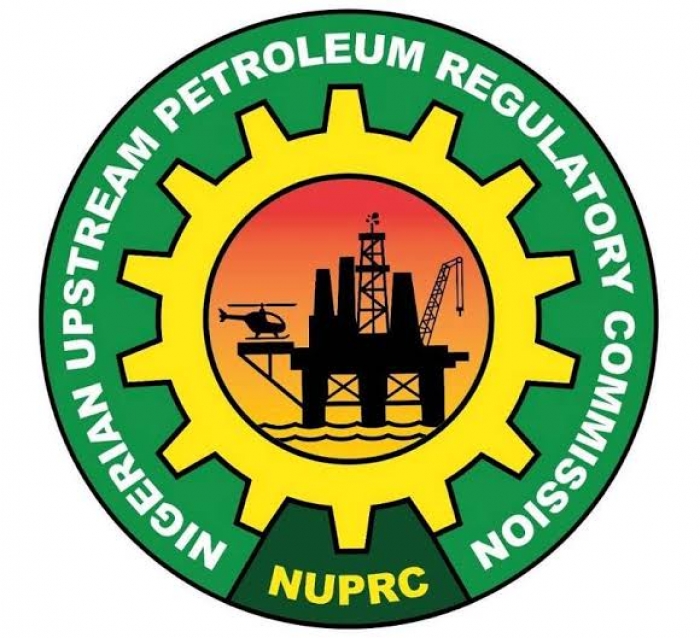In a significant move to stem the tide of Nigeria’s massive crude oil theft and opacity in the petroleum sector, the Nigerian Upstream Petroleum Regulatory Commission (NUPRC) has unveiled new guidelines aimed at tightening control over the country’s crude oil and petroleum product exports.
Announced on Wednesday, the new regime—formally known as the Nigerian Upstream Petroleum Advance Cargo Declaration Regulation 2024—seeks to establish a comprehensive framework for real-time declaration, verification, and tracking of every shipment of crude oil and related products leaving Nigerian shores.
The NUPRC said the measure is designed to ensure that only certified, accurately measured, and government-sanctioned cargoes are exported—an attempt to seal the leakages that have cost Nigeria billions of dollars in stolen and undeclared oil over the years.
Under the new system, exporters must now secure an export permit, vessel clearance, and a Unique Identification Number (UIN) through a dedicated online portal operated by the Commission. All export documents, including the Bill of Lading, Certificate of Origin, and cargo manifest, must reference this UIN to ensure traceability throughout the export chain.
“The guidelines will help monitor and account for crude oil movement, prevent under-declaration at terminals, and strengthen revenue collection,” said NUPRC Chief Executive, Gbenga Komolafe. He added that the reforms are in line with the Commission’s mandate under the Petroleum Industry Act (PIA) 2021 to curb revenue loss, maximise government income, and enforce full regulatory oversight.
The declaration portal will integrate with other government export systems, allowing for real-time tracking, documentation within 24 hours of cargo loading, and end-to-end transparency. The Commission also retains the right to reject any export applications with incomplete or falsified information and impose fines or sanctions on violators.
This regulatory overhaul comes against the backdrop of persistent reports of industrial-scale oil theft, often involving a network of colluding insiders, security operatives, and international actors. Nigeria has, for decades, suffered from crude oil losses estimated at hundreds of thousands of barrels per day, undermining national revenue, weakening the naira, and deepening public distrust in the management of its most vital resource.
By introducing these digital verification and control measures, the NUPRC appears to be acknowledging that the old manual, loosely monitored export system enabled widespread looting and under-reporting. Whether these reforms can overcome entrenched interests and bring about true accountability remains to be seen, but the Commission insists this is a “significant step toward a more transparent, efficient and integrity-driven oil export regime in Nigeria.”
